Ukraine must be given long-range missiles
Vladimir Putin is intent on winning and believes the West daren’t raise the stakes. Future security depends on proving him wrong.
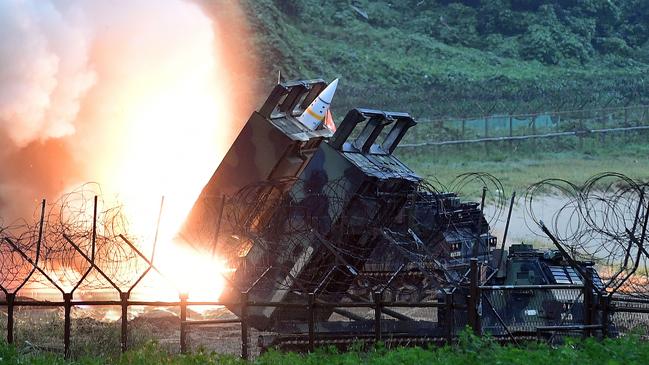
One certainty about Vladimir Putin is that he loves to show off – on calendars, at parades and by talking for hours. I can still see him now, in Downing Street before his seizure of Crimea, spreading out in his chair, hogging the conversation, going off at tangents to illustrate his vast knowledge of obscure subjects. He has a compulsion to be the centre of attention.
It is quite something, therefore, for him to cancel two of his main annual opportunities to show off. Neither his traditional pre-Christmas press conference, often four hours in length, nor his end-of-year ice-hockey game, which he always miraculously wins, are going ahead this year.
The absence of such displays of his political and physical muscularity has added interest to reports that he is unwell or preparing an escape route to South America. While both such rumours could be true, he nevertheless looks to me like a man who is still determined to win his war. And while he may be obsessed, immoral, corrupt and heedless of loss of life on both sides, he shows every sign of remaining rational and having a new plan. The West will need to go up a gear in our response if he is not to prevail.
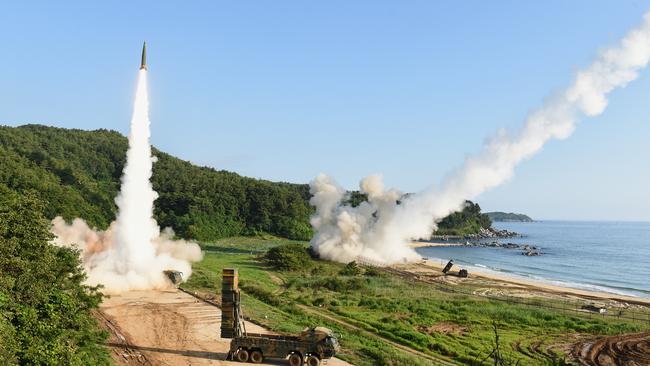
There is good reason to believe that, since October, Putin has been better informed about the immense difficulties faced by his forces and more realistic about the military situation – in which Ukraine has repeatedly outfought the Russians and killed tens of thousands of the invaders.
In appointing the ruthless General Sergey Surovikin as overall commander and calling up hundreds of thousands of reservists, Putin recognised that he needed a new strategy and more resources to destroy Ukraine.
Crucially, he became prepared to sacrifice short-term advantage to gain a more sustainable position, best seen in the fairly orderly Russian retreat from Kherson to defend the left bank of the Dnipro. The giving up of his celebrated press conference should be seen as akin to that retreat – pull back now while gathering new strength.
In his recent actions, we can see Putin’s new strategy: Maintain an offensive in Donetsk to tie down Ukrainian forces, keep alive the threat of Belarus joining the war as a Russian ally – hence his visit to Minsk on Monday – and use Iranian drones to destroy the power grid and water supplies of Ukrainian cities, while mobilising manpower and converting factories to show that Russia has the staying power to win.
Faced with such a long war, he hopes, western nations will prove their fickleness, lose heart and unity, become unwilling to join him in raising the stakes and ultimately embrace peace on his terms – a peace that would allow him to more fully regroup and plan the eventual annihilation of Ukraine.
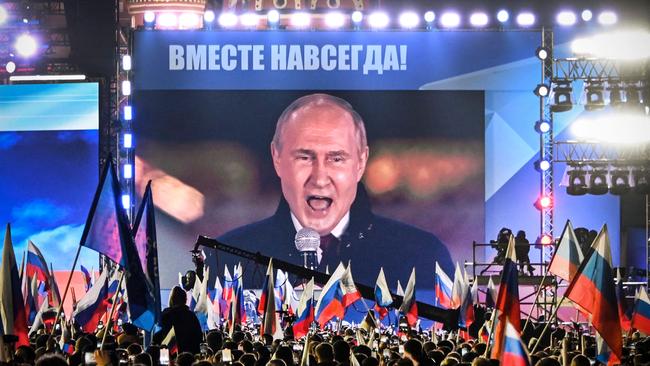
Faced with this strategy, the worst course of action for western capitals is to give Putin any evidence that his calculations might be right. It is a mistake for the German chancellor, Olaf Scholz, to call Putin as he did earlier this month and for President Macron to say he will soon be phoning him again. Even though these leaders make the right statements in such calls, Putin is someone who can smell weakness down a phone line. When Macron says that Russia should not be humiliated, Putin hears a lack of willingness to defeat him.
Of course, it would be good to find a peaceful solution to this devastating conflict – but there is no sign at all that Putin is interested in a peace that would be consistent with the future security and stability of Ukraine. Certainly, there should be back channels between the West and Russia. Indeed, there ought to be more of them, transmitting an unambiguous message of resolve to Moscow.
Further steps to make peace possible at the right time would include creating the financial and political institutions that will be needed to finance the reconstruction of Ukraine; perhaps an international agency led by a senior American. And western countries could agree a future security compact with Kyiv, spelling out how they would always ensure, post-war, that Ukraine could defend itself more decisively. Such preparations and channels could help Ukrainians to make peace when the time for that finally arrives.
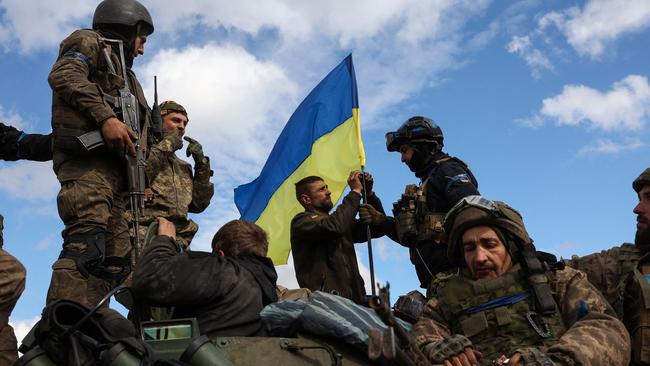
That time, however, is most certainly not now. Putin plans to escalate the war, not by the nuclear means that could bring catastrophe on him, but by asymmetric tactics – destroying essential utilities – to which Ukraine cannot respond and the West dare not. It would be a further mistake, therefore, to limit the response to these attacks to defensive measures. Generators and anti-air defences are being sent to Ukraine by many countries, but that is just defending a goal line against indefinite penalty shots. Putin has to be shown that there will be a response to this that threatens his own half of the pitch.
It is time for western countries to supply ATACMS missiles, with a range of 190 miles (306km), enabling Ukraine to hit Russian bases throughout occupied territory, including in Crimea. Such long-range missiles are possessed by several countries, not just the United States, and can be fired from rocket launchers already in use. These could make a material difference to the course of the war, disrupting any planned new Russian offensive and demonstrating that there is a cost to Putin’s escalation.
This should be part of a wider effort to upgrade Ukrainian capabilities with aircraft and the tanks they have long been promised. And vitally, Ukraine needs a huge supply of more basic items, including ammunition, infantry fighting vehicles and howitzers to give them their own staying power against Russian industrial production.
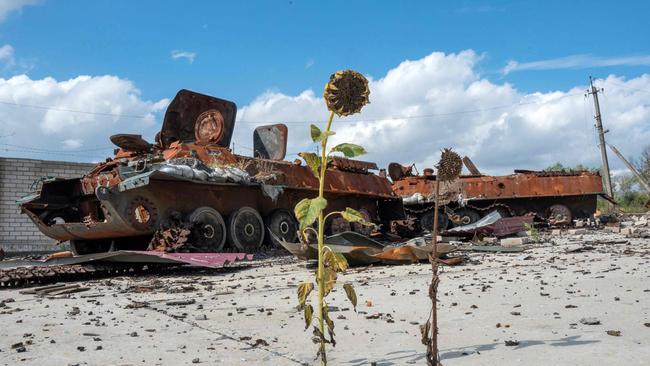
Can the West afford this? The simple truth is that the cost of deterring a victorious or emboldened Putin indefinitely will be vastly greater than the cost of delivering greater help to Ukrainians now. That is quite apart from the moral case to assist a free people defending themselves against an evil aggressor committing crimes against humanity. The G7 economies are 25 times the size of the Russian economy. They have to choose to exert themselves sufficiently so Putin cannot succeed.
Rishi Sunak understands this. In recent days some people have misread his demands for data on the war as an uncertain sign, but they do not yet know him. Every senior minister I have spoken to in the past week believes that the volume and capability of western support for Ukraine needs to increase, and the prime minister’s visit to Riga is evidence of that.
Their task is to galvanise opinion among allies and to stiffen further the resolve of the Biden administration, as the Defence Secretary, Ben Wallace, has proved effective at doing before. For the moment, Putin has stopped showing off. We have to make that a permanent condition.
The Times


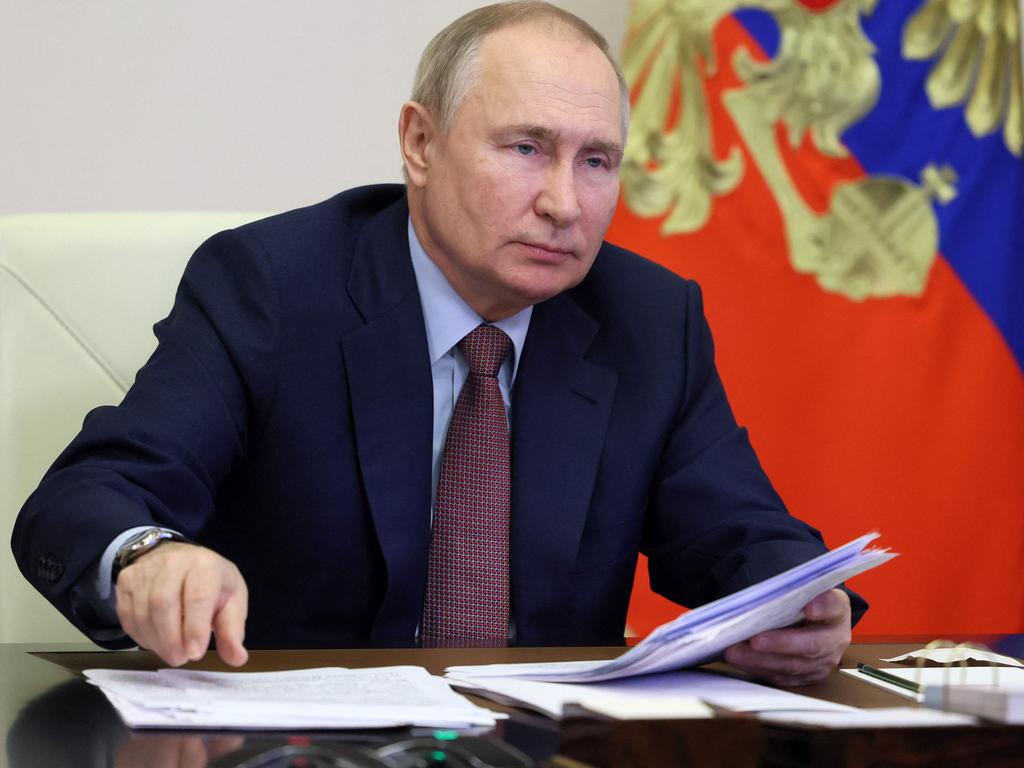

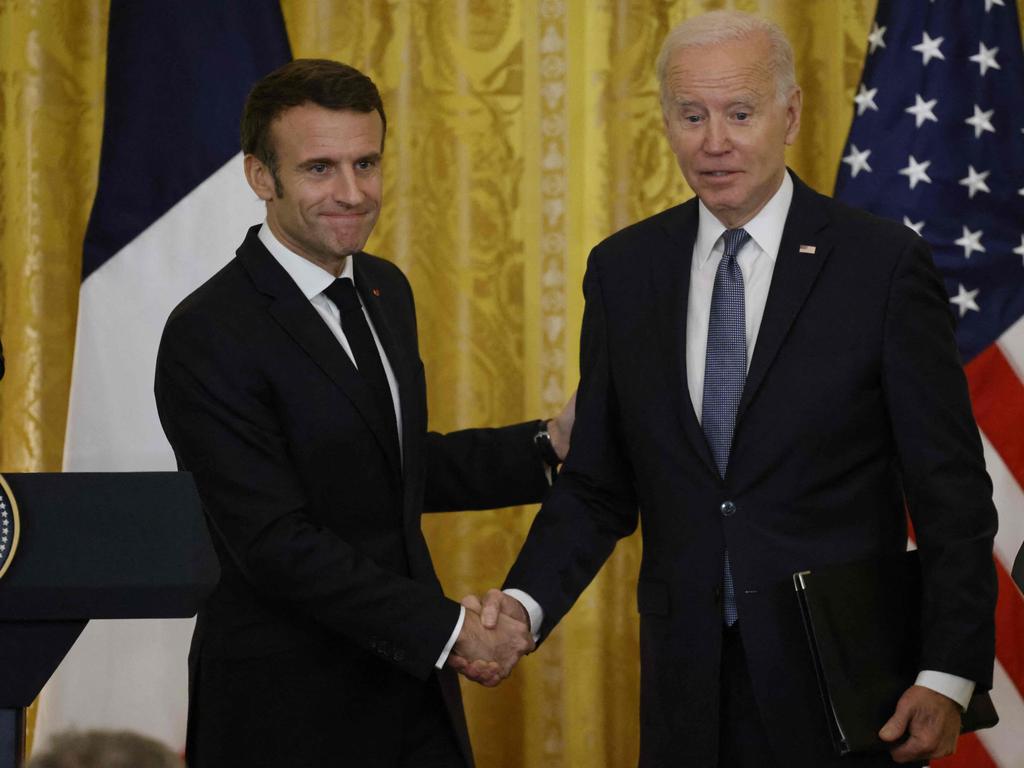


To join the conversation, please log in. Don't have an account? Register
Join the conversation, you are commenting as Logout